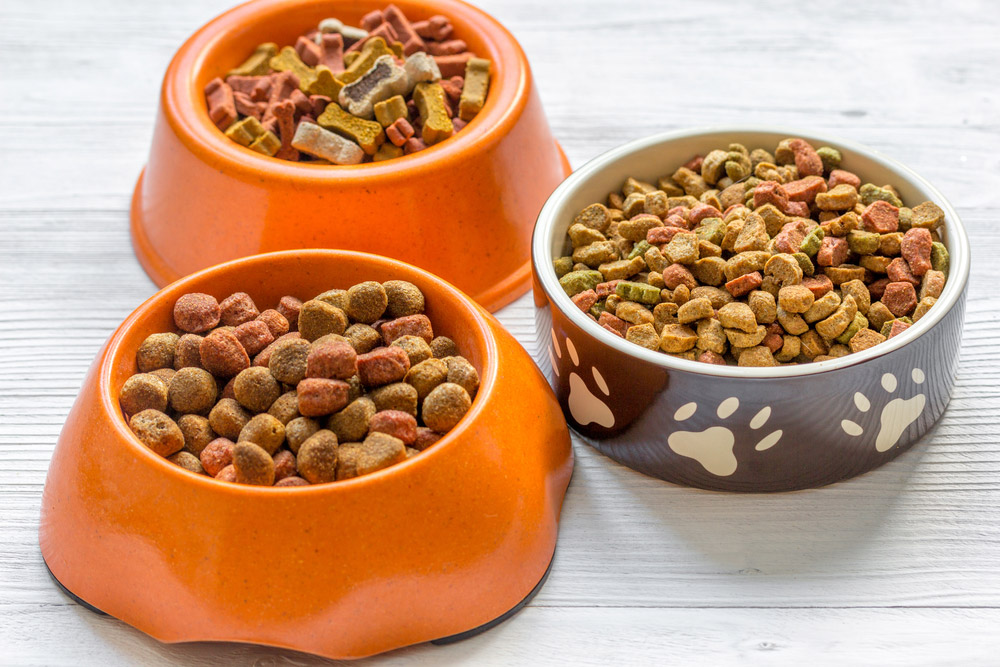It has been over a year since the first news about the possible correlation between grain free dog foods and heart disease. Much has been written during that time, some information accurate, some more conjecture than fact. Even after this period of time and abundant attention paid to this topic, the actual cause is still not understood. It is likely to be a nutritional component that is missing in grain free foods rather than an abundance of something else that is present in amounts that are too high. Yet at this juncture, we don’t know for sure. Here are the current recommendations we are adopting at the Brockton Animal Hospital:
- Although grain free foods are acceptable to be part of a diet, no dog’s diet should be considered complete with grain free foods as the only source of nutrition.
- Taurine, an amino acid, which when deficient in cat’s diets causes cardiomyopathy (the disease that has been implicated in the “grain free food crisis”) may have a similar role in canine diet.
- The AAFCO (American Association of Feed Control Officials) nutritional profiles are voluntarily ascribed to by many pet food manufacturers. The AAFCO does not make dietary recommendations nor do their suggested nutritional profiles ensure that foods made to this standard are safe for all breeds. Although many pet food companies cite this standard in their advertising, it is in no way a guarantee.
- Although grain free foods have become a very popular niche from which pet owners have, with increasing frequency, chosen their diets, there has never been medical trial evidence that shows they are superior to foods that have grains. Only pets with known and diagnosed allergies to certain grains, have shown benefit from grain free foods.
- Breeds that are prone to Dilated Cardiomyopathy (DCM), namely Boxers, Dobermans and Great Danes to name a few, should avoid grain free diets altogether until we understand more about the mechanism. Breeds that are not overrepresented with this particular illness (DCM), may as far as we know at this time, feed grain free diets as part of the normal diet. It is not recommended that the grain free component of the diet exceeds 25% of total calories consumed.

